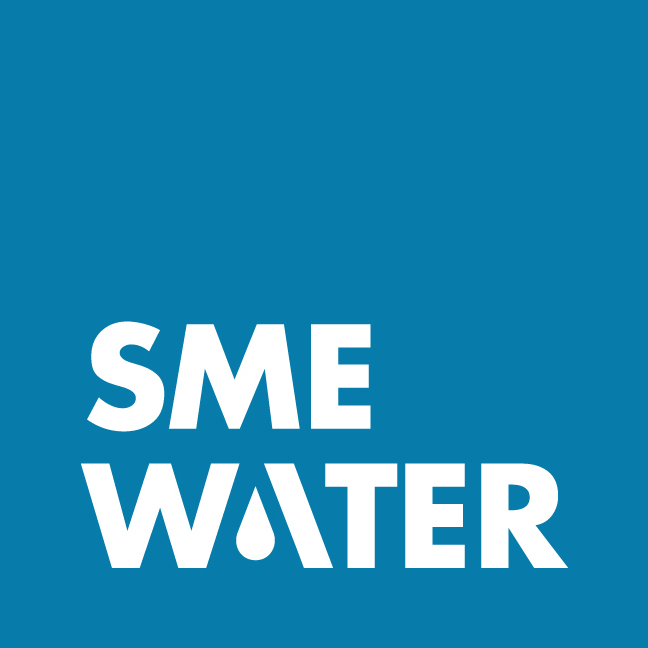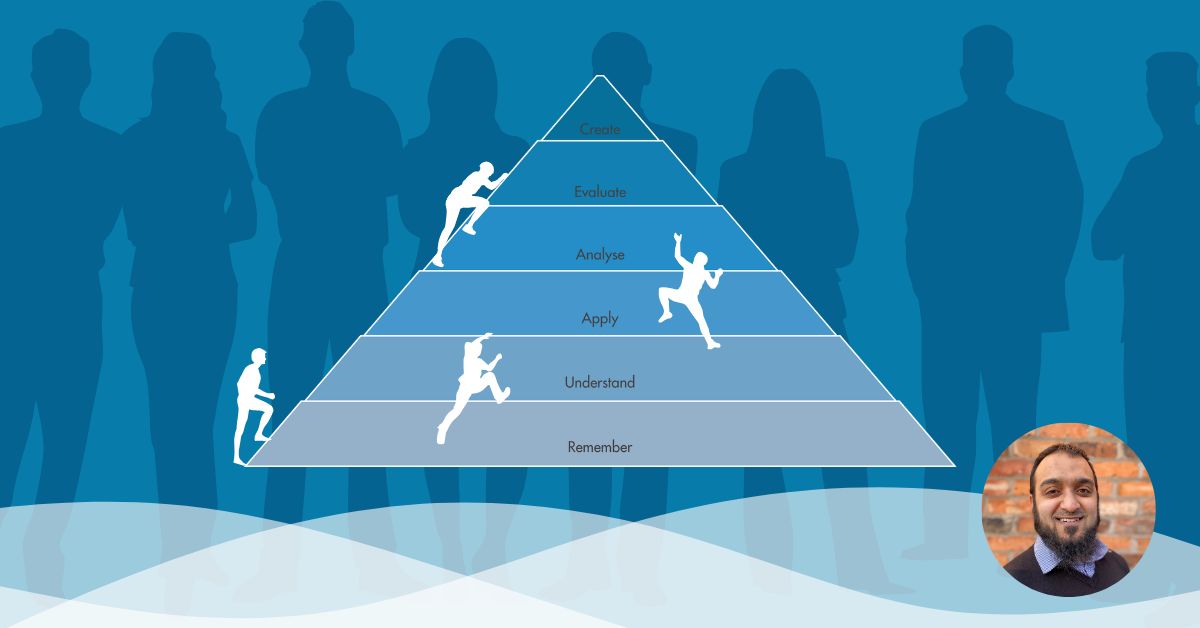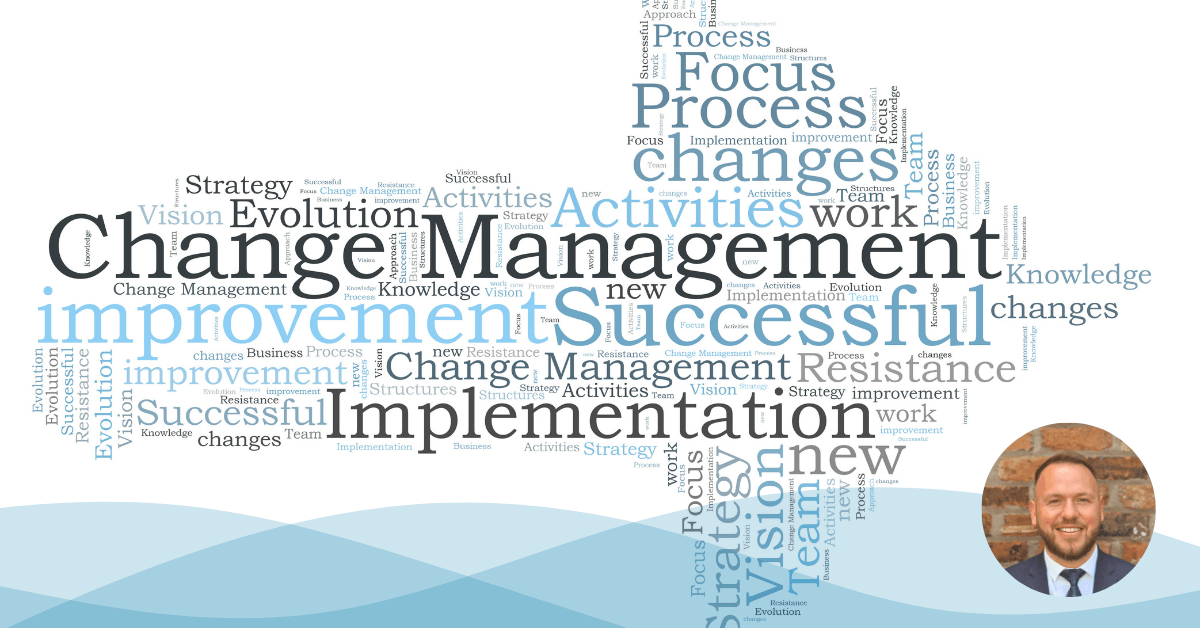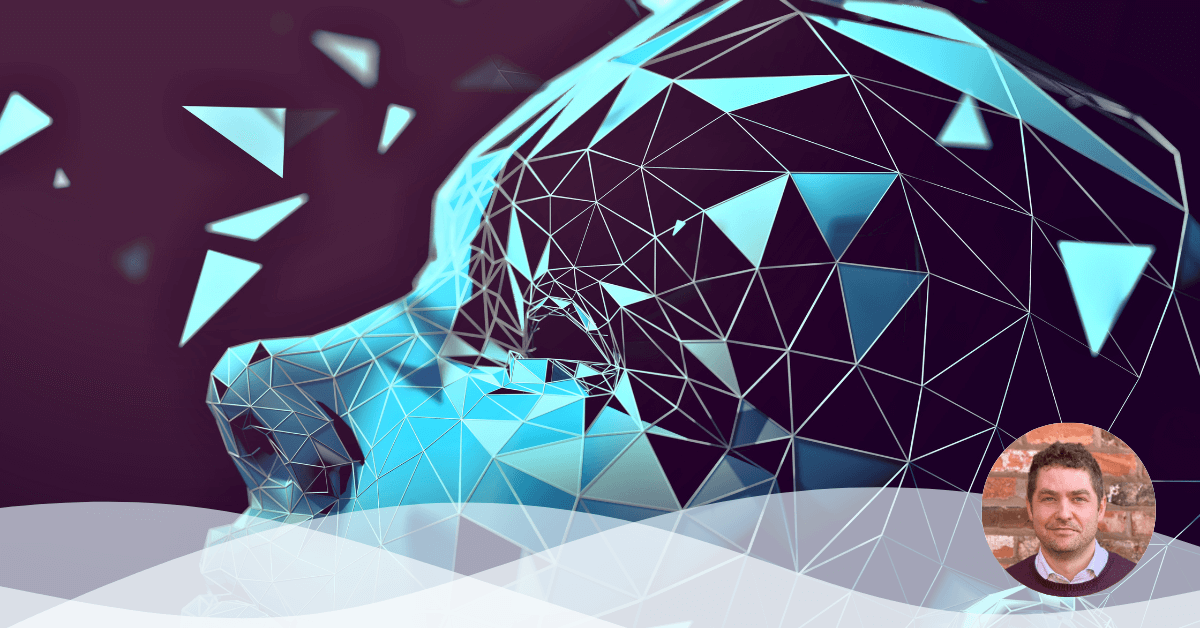Skill set and mindset are two distinct but interconnected aspects of personal and professional development.
Skill sets are usually tangible abilities that can be acquired through education, training, practice, and experience. They are often measurable and can be demonstrated through actions and outcomes. They are usually specific to a role or industry which means they may not be transferable and can become obsolete.
Mindset pertains to an individual’s attitude, beliefs and ways of thinking. It reflects one’s perceptions and attitudes toward oneself, others, and challenges in general. Mindset is not necessarily directly observable. It tends to manifest itself in behaviour and decisions. It significantly influences how one approaches challenges, setbacks, and learning opportunities. Mindset is not limited to a specific field or area of work. It can impact various aspects of life, including personal development, relationships, career, and overall well-being.
Skill set is typically more important in the beginning stages of a career. This is due to the following:
- Learning the basics – Early on, one is more likely to be learning the fundamental aspects of your field. Acquiring technical skills and gaining practical experience is essential to building a solid foundation upon which further expertise can be developed.
- Problem-solving – Early roles tend to involve solving well-defined problems that require the application of known techniques and procedures. Strong technical skills are key to addressing these challenges.
- Building credibility – Demonstrating competence through one’s skill set, and technical know-how is crucial for earning the trust and respect of colleagues and superiors. This establishes credibility and lays the groundwork for future opportunities.
- Career advancement – In the initial stages of a career, advancement is often based on one’s ability to perform tasks both effectively and efficiently.
However, it is important to note that as your career progresses, the relative importance of mindset begins to increase. Developing a growth mindset is especially important as it fuels ambition and motivation. When a person believes their abilities can be developed through dedication and hard work, then they are more likely to set ambitious goals and work persistently to achieve them. A growth mindset also encourages a thirst for knowledge and an eagerness to learn from others. It keeps one open to innovative ideas and approaches which facilitates faster skill development.
As a person moves into senior roles and positions of leadership, mindset becomes even more critical for several reasons:
- Effective leadership – Leaders must inspire and motivate teams, make decisions, and enforce the vision of the organisation.
- Continuous learning -As you advance in your career, the pace of change accelerates.
- Adaptability – In senior roles, you often encounter complex and unpredictable challenges.
- Innovation – In leadership and decision-making roles, you are often tasked with identifying opportunities for innovation and driving cultural and organisational change.
Balancing both skill set and mindset is key to a well-rounded and successful strategic leader. You often find highly skilled and technically capable people promoted to senior and strategic roles completely on merit but who then struggle to adjust suitably because their new role requires a different approach and level of detail that they are not used to working at in their previous role. This is a common junction at which further training and mindset development is required. According to Dweck, “When Warren Bennis interviewed great leaders, “They all agreed leaders are made, not born, and made more by themselves than by any external means.” Bennis concurred: “I believe … that everyone, of whatever age and circumstance, is capable of self-transformation.” Not that everyone will become a leader. Sadly, most managers and even CEOs become bosses, not leaders. They wield power instead of transforming themselves, their workers, and their organization (Dweck, 2008).



